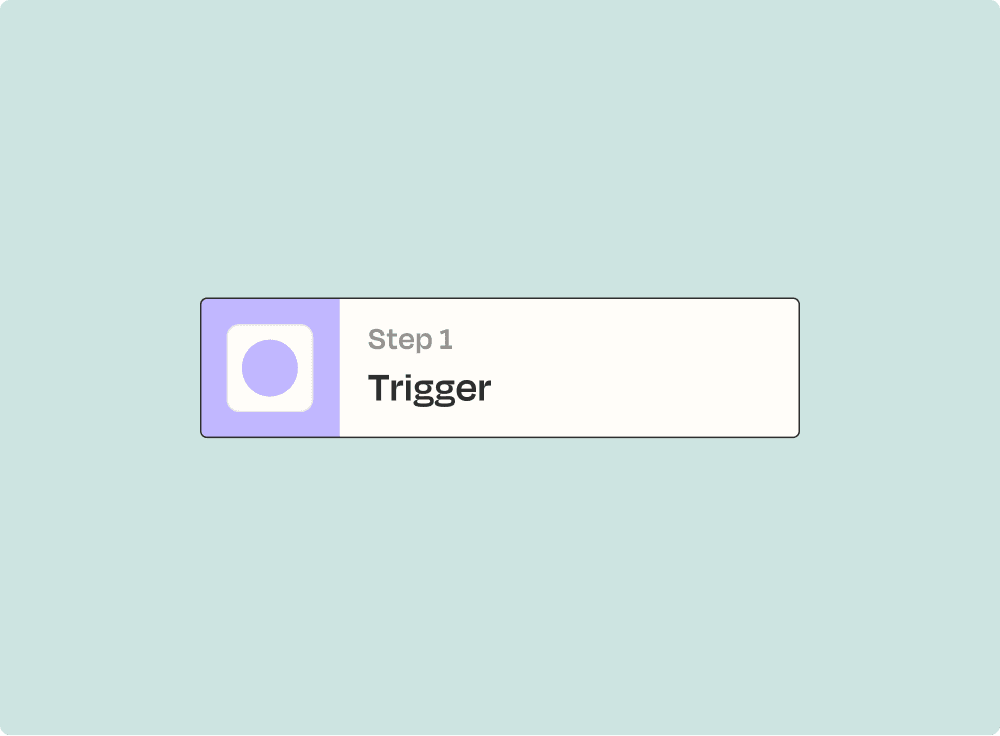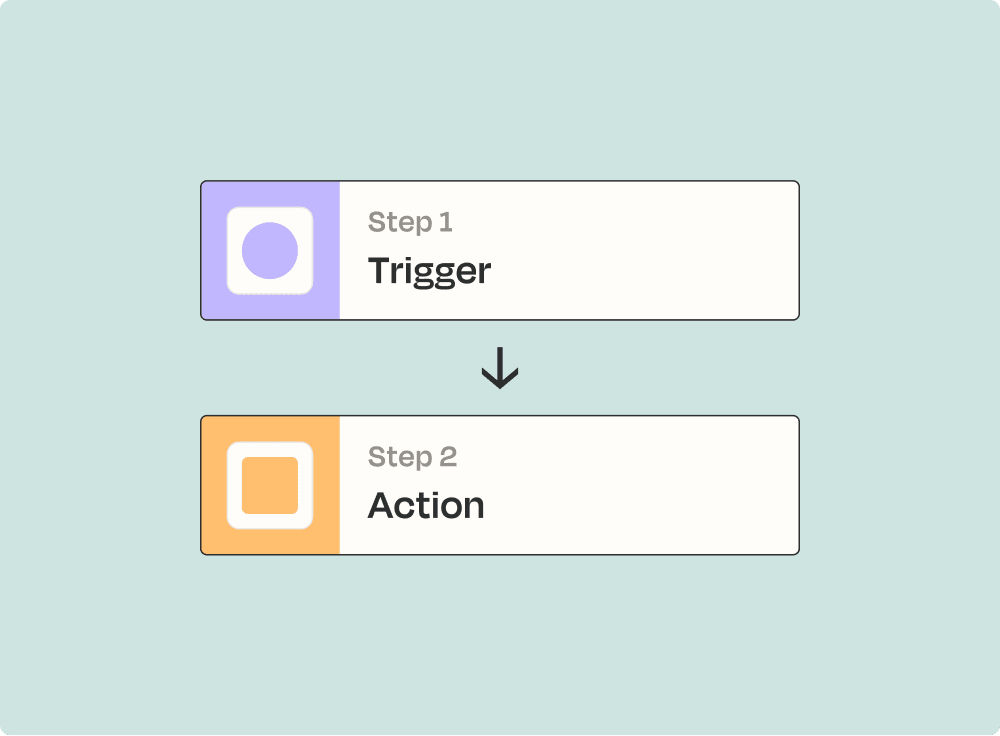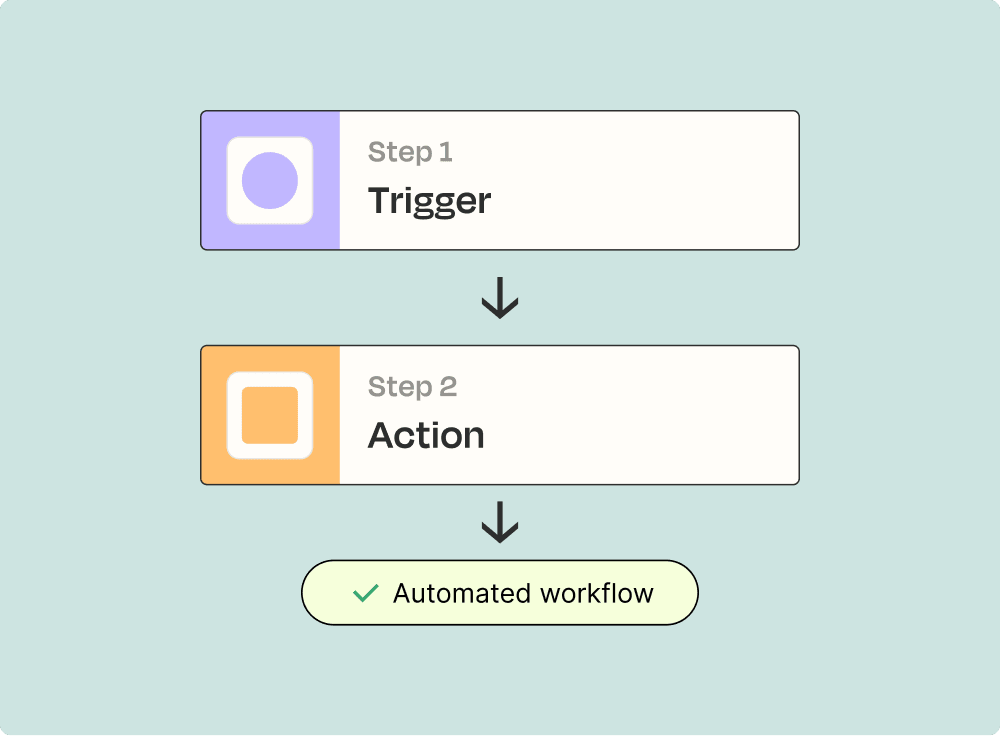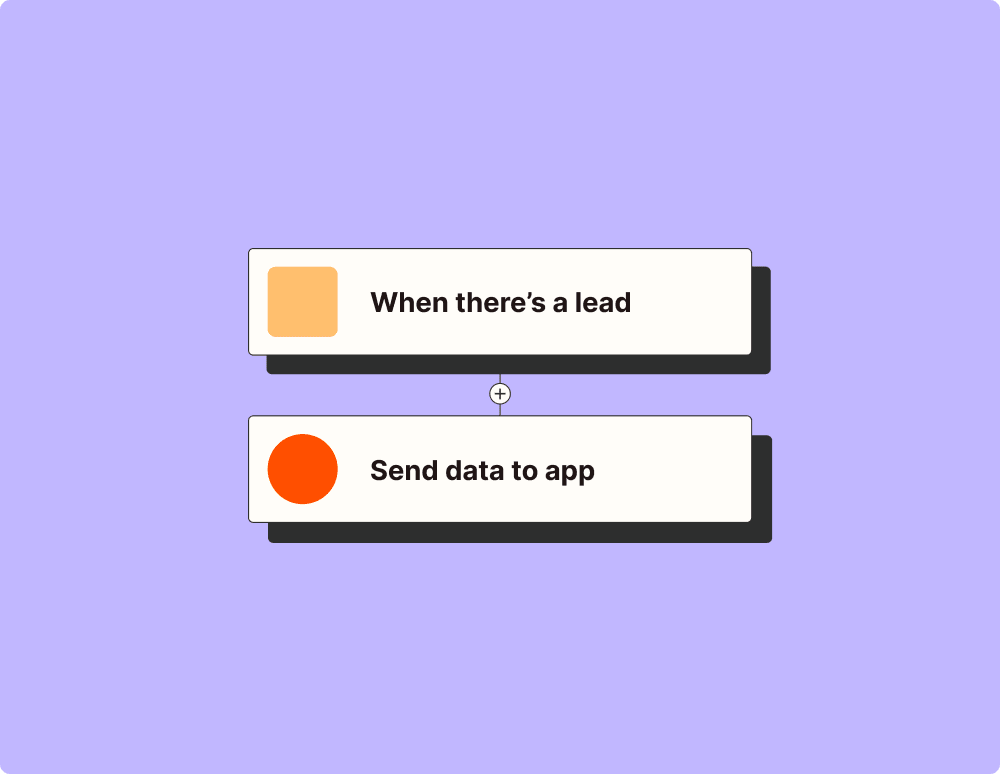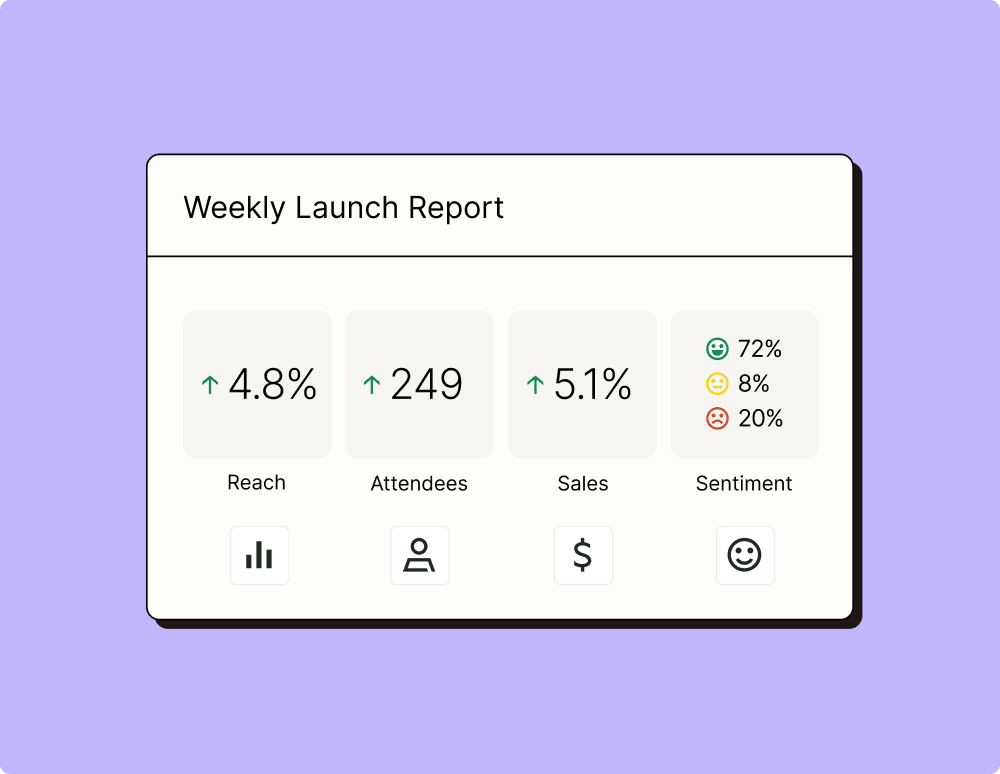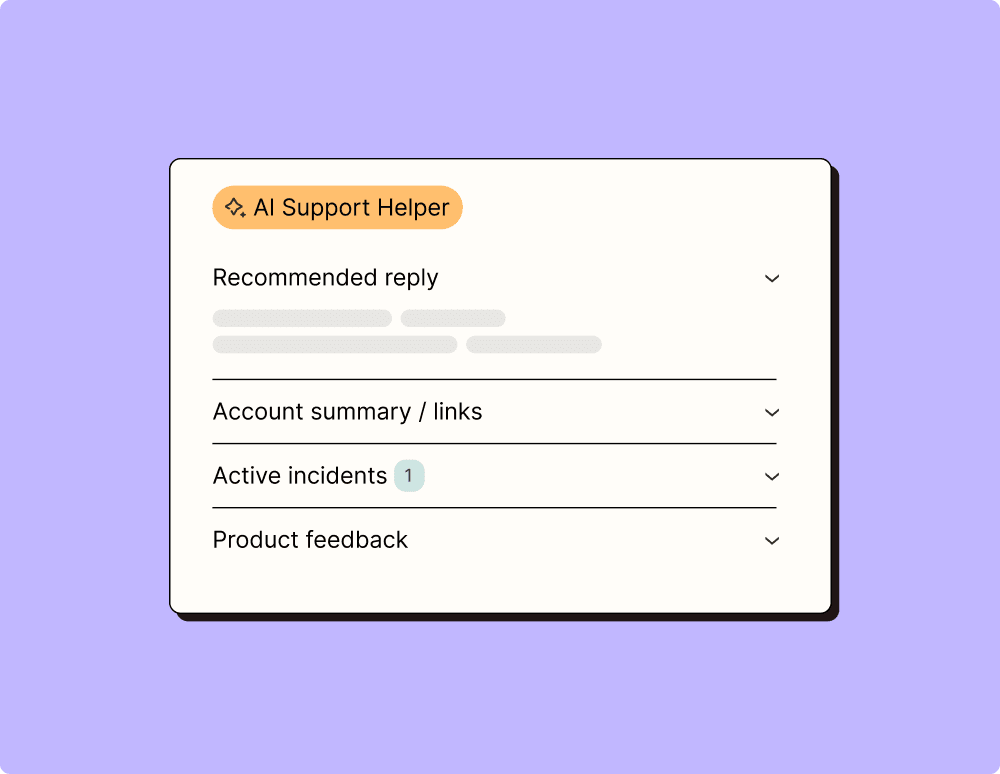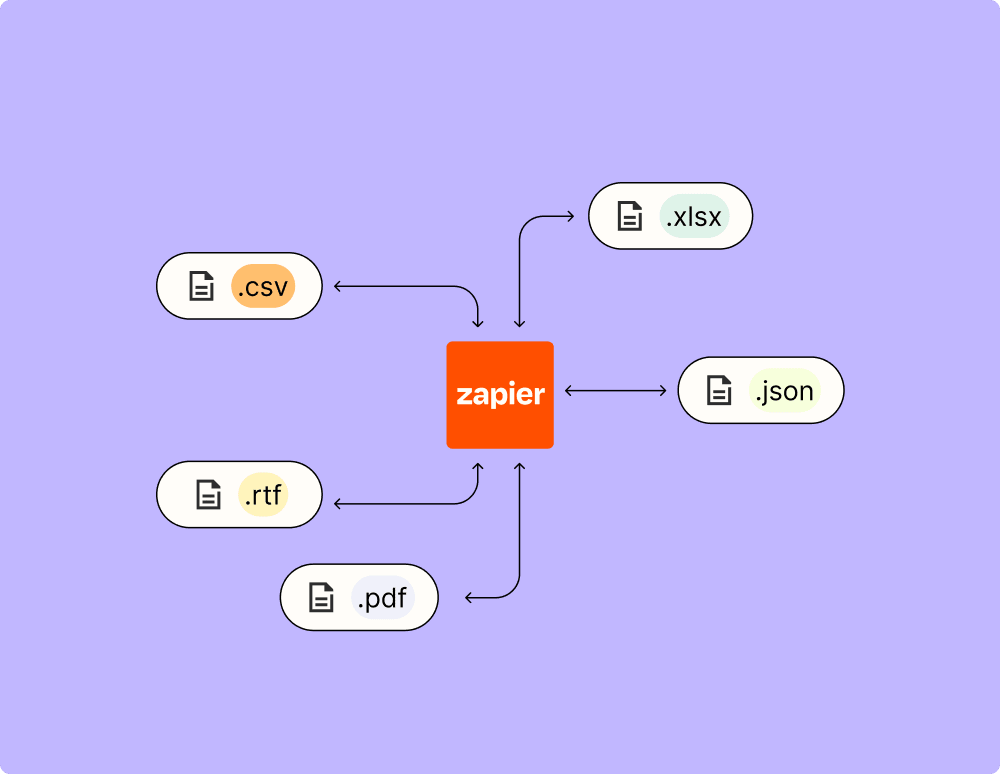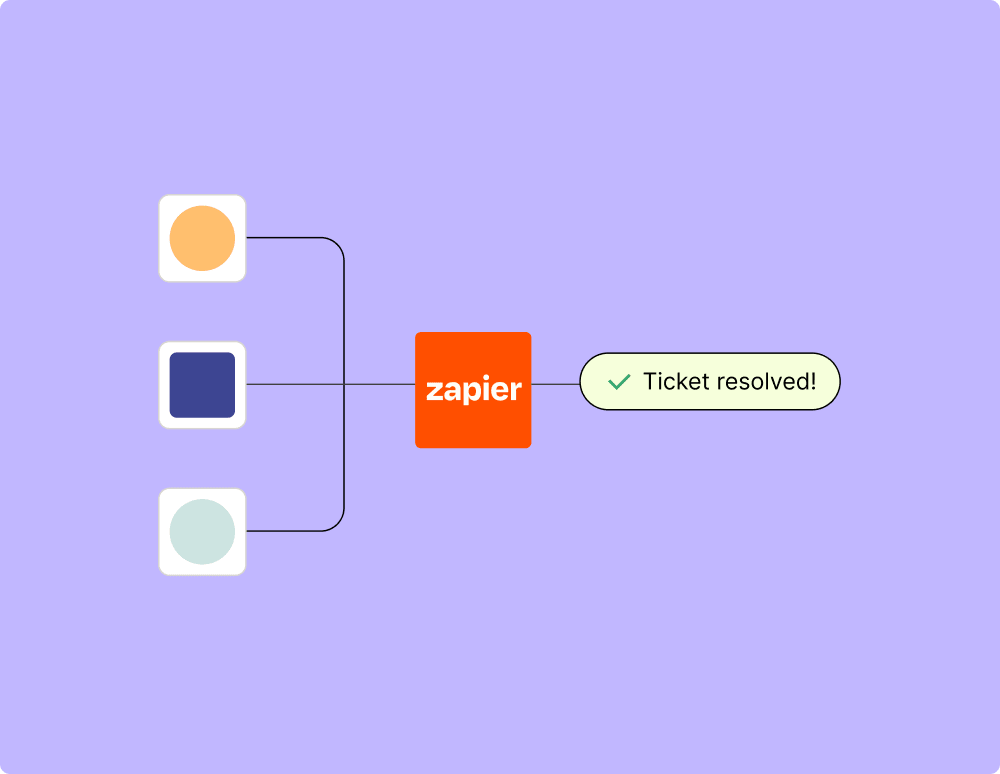Connect Notion and Shopify to unlock the power of automation
- No credit card required
- Free forever for core features
- 14-day trial for premium features and apps
Set up your first integration
Quickly connect Notion to Shopify with a Zapier template.
Our most popular template

How Zapier works
Zapier makes it easy to integrate Notion with Shopify - no code necessary. See how you can get setup in minutes.
Zapier is the automation platform of choice for 87% of Forbes Cloud 100 companies in 2023
93%
Customers who say using Zapier has made them better at their job
25m
Customers have created over 25 million Zaps on the platform
6 mins
The average user takes less than 6 minutes to set up a Zap
Frequently Asked Questions about Notion + Shopify integrations
New to automation with Zapier? You're not alone. Here are some answers to common questions about how Zapier works with Notion and Shopify
How do I integrate Notion with Shopify using Zapier?
To integrate Notion with Shopify, you'll first need to create a Zap that connects the two apps via Zapier. Start by selecting Shopify as your trigger app and choose a specific trigger event such as 'New Order' or 'New Product'. Then, select Notion as your action app and define the action you want, such as 'Create Database Item' or 'Update Page'. Finally, map the required fields between Shopify and Notion to set up your integration.
What are some common triggers available when integrating Shopify with Notion?
Common triggers for integrating Shopify with Notion include events like a new order being placed, inventory updates, a new customer sign-up, or when a new product is added to your store. These triggers allow you to send data from Shopify to Notion automatically whenever these events occur.
What actions can I perform in Notion when an event occurs in Shopify?
When an event occurs in Shopify, you can perform various actions in Notion such as creating a new database item for each new order, updating an existing page with customer information, or adding details from a new product directly into your project management system within Notion.
Is it possible to automate inventory updates from Shopify to a Notion database?
Yes, it's possible to automate inventory updates from Shopify to a Notion database. You would set up a trigger in Zapier for ‘Inventory Level Changed’ in Shopify and specify an action in Notion like 'Update Database Item'. This automation ensures that any change in inventory levels is reflected real-time in your designated database on Notion.
Can I add new customer information from Shopify into my team wiki on Notion?
You can add new customer information automatically from Shopify into your team wiki on Notion using Zapier. Set up the trigger as ‘New Customer’ on Shopify and the action as ‘Create New Page’ on your Wiki section within Notion. This helps keep all team members informed about recent customers without manual entry.
How frequently does the data sync between Shopify and Notion happen through Zapier?
The frequency of data synchronization between Shopify and Notion depends on the plan you're subscribed to on Zapier. For most paid plans, Zaps run every 5 minutes which means that any changes made on one platform will reflect almost instantaneously onto the other during that interval.
Do I need any coding skills to connect my ecommerce store with my workspace via this integration?
No coding skills are needed to connect your eCommerce store on Shopify with your workspace on Notion using our platform. Zapier's user-friendly interface allows anyone to set up these integrations simply by selecting triggers and actions without writing any code.
Supported triggers and actions
Zapier helps you create workflows that connect your apps to automate repetitive tasks. A trigger is an event that starts a workflow, and an action is an event a Zap performs.
